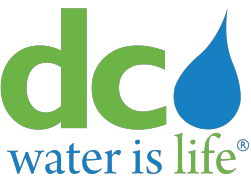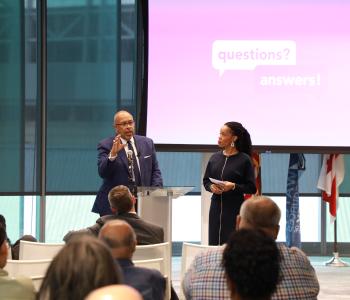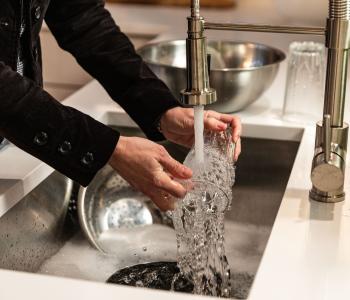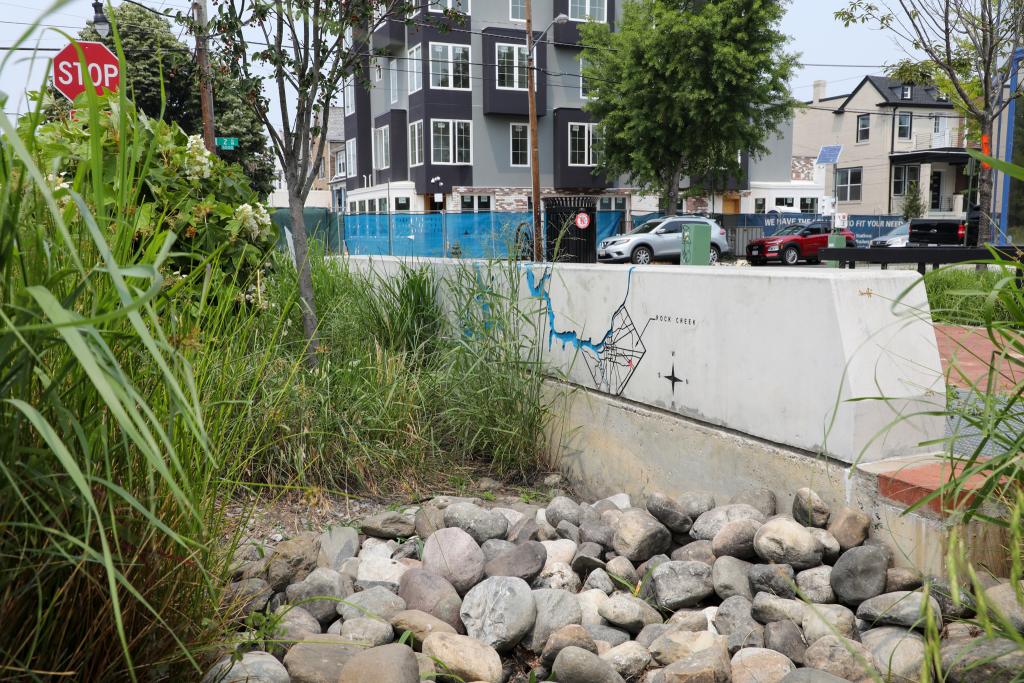DC Water Supports DC Council Efforts to Prevent Harmful Products From Entering the Wastewater System
On July 12, 2016, DC Councilmember Mary Cheh introduced the Nonwoven Disposable Products Act of 2016. This Act will prohibit a nonwoven disposable product for sale in the District from being advertised, packaged, or labeled as flushable, sewer safe, and septic safe unless there is competent and reliable scientific evidence to substantiate the claims. DC Water applauds the Councilmember for introducing this bill and issues its full support of this important legislation in the District.
Nonwoven disposable products are often labeled and sold as flushable wipes. Although they are labeled as flushable, many of these products do not break down once they enter the wastewater system. Instead, they remain solid as they travel through the sewer pipes. They can wrap around pumps, clog pipes, and often, these products combine with other substances that should not be placed in the wastewater system such as fats, oils and greases (FOG) to form fatbergs. These fatbergs can clog sewer pipes leading to sewer backups in homes and businesses. They can also cause sanitary sewer overflows which can harm the environment and lead to public health risks.
I applaud Councilmember Chehs efforts to keep nonwoven disposable products out of our wastewater system, commented DC Water CEO and General Manager George S. Hawkins. Introduction of this legislation is a step forward in protecting our residents and our waterways from harmful sewer backups and overflows. Preventing harmful items from entering our system also saves ratepayer dollars by avoiding the costly problems created by these products.
The cost of removing these products from the sewer system can be extensive. Utilities, such as DC Water, must pay for physically removing them from the system, pump and mechanical system repairs, and environmental clean ups when sewer overflows occur. Ultimately, these costs get passed on to ratepayers and divert funds from critical water and sewer improvement projects.
DC Water, in collaboration with the Metropolitan Washington Council of Governments (MWCOG), has developed an educational campaign titled Protect Your Pipes with the goal of informing the public about the dangers of disposing of certain products such as FOG, wipes, and prescription medications in the sewer system. This campaign has been successful in its effort to educate citizens across the DC Metro Region about the proper disposal of these products. This proposed legislation will go even further to ensure these products remain out of the wastewater system while protecting the health of our community and reducing the impacts of cleanups on ratepayers across the District.
Important Customer Information
Wipes and FOG should never be disposed of down the toilet or sewer system. The improper disposal of these items can harm the environment and public health. To learn more about these products and proper disposal, visit the Protect Your Pipes website at www.protectyourpipes.org.






